
MOSCOW, June 10 Studying the brain as a “neural hypernetwork” that gradually develops in an organism during individual learning will help to understand what the mind, consciousness and soul are, said in an interview the director of the Institute for Advanced Brain Studies at Moscow State University named after M.V. Lomonosov, academician of the Russian Academy of Sciences, neurophysiologist Konstantin Anokhin.
He was the scientific organizer of the First International Scientific Conference on Animal Consciousness with the participation of the Dalai Lama in Dharamsala in northern India in May 2023. And in May of this year, together with the Moscow Foundation for Promoting Humane and Responsible Treatment of Animals “Cat of the Wind”, Academician Anokhin gathered in the capital of Nepal, Kathmandu, the Second International Forum “How to study and understand consciousness in non-humans” with the participation of dozens of leading experts in this field with all over the world.
“The brain is not just a neural network that can be grown in a Petri dish, but a neural hypernetwork that is formed on its basis, gradually developing in the body during individual learning. This hypernetwork carries our “I” with all its experiences, experiences, relationships with the surrounding world… When we understand the laws of the formation of this hypernetwork and the principles of its structure, then from this we will be able to deduce what the mind is, and what consciousness is, and what the soul is, as it was understood throughout the history of mankind. We will be able to give scientific information. definitions for all this,” said Anokhin.
According to him, the “neural hypernet” has its own special structure, which is difficult to study. It is difficult because each node of such a network does not lie at some point in the brain, but is a distributed team — an “assembly” of neurons in different areas working together.
«It seems to us that we understand that the brain is an organ similar to the liver, kidneys, that it is a grayish soft tissue consisting of billions of connected cells. But based on the amount of research and theoretical premises, I am convinced that the brain is completely different and science has yet to understand this,” the agency’s interlocutor noted.
According to his «hypernetworked theory of the brain», consciousness can be achieved by those species of animals that have three necessary components: a deep nervous system, functional systems with the ability to generate new behavior, and long-term memory mechanisms for accumulating new experiences.
At the same time, none of the named signs of consciousness, according to the academician, “are strictly biological.” “Alien creatures that have consciousness must meet the same criteria of the theory, otherwise consciousness would not arise in them. And the consciousness of artificial intelligence must also meet these requirements,” concluded Anokhin.
Read the full text of the interview Konstantin Anokhin >>


















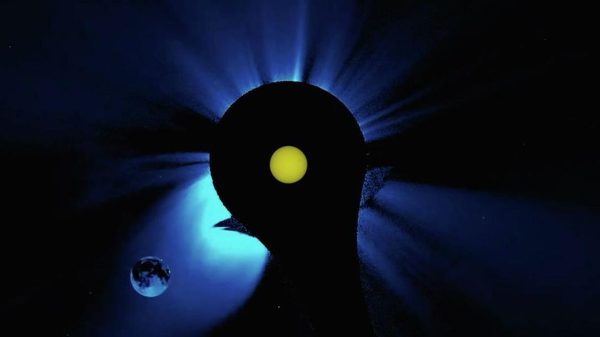














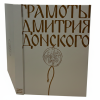
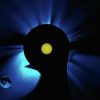


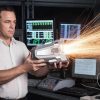
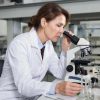
















Свежие комментарии